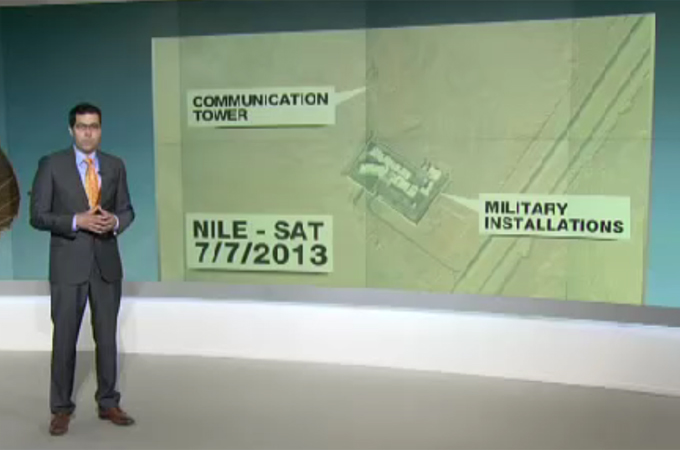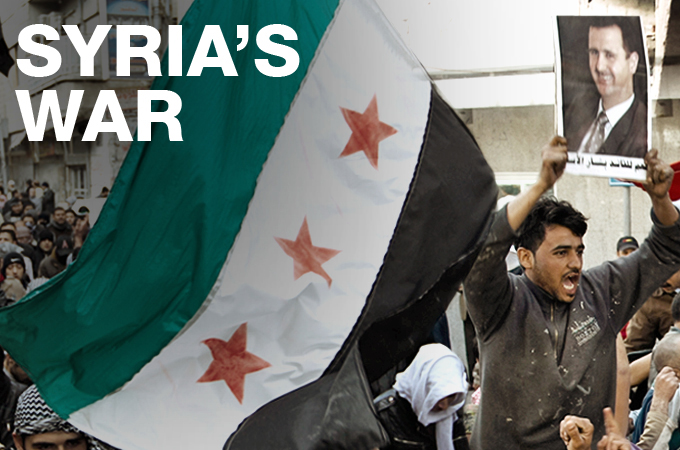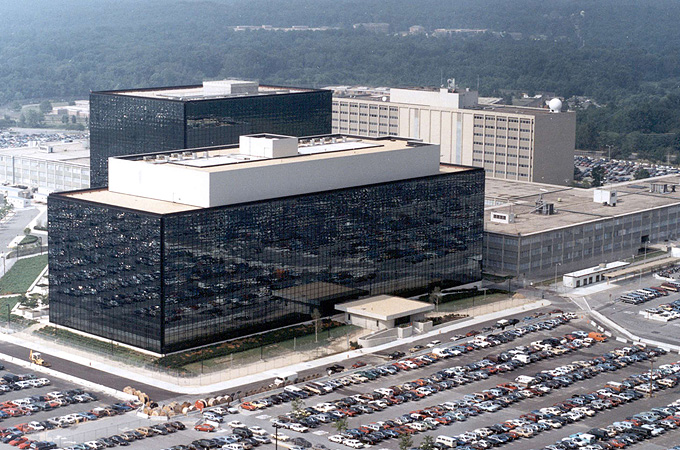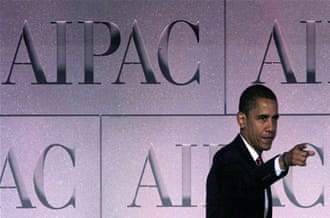The First Lady, Dame Patience Jonathan, will participate at the High Level Forum for First Ladies at the 68th session of the UN General Assembly in New York.
 The News Agency of Nigeria (NAN) reports that the event, with the theme “Building Bridges for Peace on Health Disability: Post 2015 Sustainable Development Agenda Initiative”, is scheduled for Sept. 24.
The News Agency of Nigeria (NAN) reports that the event, with the theme “Building Bridges for Peace on Health Disability: Post 2015 Sustainable Development Agenda Initiative”, is scheduled for Sept. 24.
She is expected to deliver a speech for the opening of the workshop session, while Senior Advisor, RAND Corporation on the African First Ladies Fellowship Programme, Nicole Brzeski, will chair the workshop.
The session will address various creative strategies in addressing and overcoming peace challenges on various forms of women’s health and wellbeing.
Dr Ada Okika, the Secretary-General, U.S. Federation of UNESCO Clubs, Centres and Associations New York State Chapter, told NAN that the time had come for realistic understanding of the significance of a transformative agenda to build peace among nations.
“ Peace is directly related to poverty eradication, health care and improvement, good governance, leadership, social and economic emancipation and sustainability.
“Throughout its history, there have been global experiences on a wide range of conflicts, violence and other numerous challenges.
“These challenges must be addressed in order to promote human development, revitalise infrastructure and establish sustainable peace in working towards the future that the world want,’’ Okika said.
She noted that people throughout the world desired peace and good health, adding that women in particular had unique capacities to promote the peace and achieve positive health.
“ For this reason, we propose to convene First Ladies Forum from all UN Member States.
“The forum can serve as active agent for peace, building bridges on women’s health disability and child marriage, and meeting the challenges for sustainable peace and development of nations,’’ Okika added.









